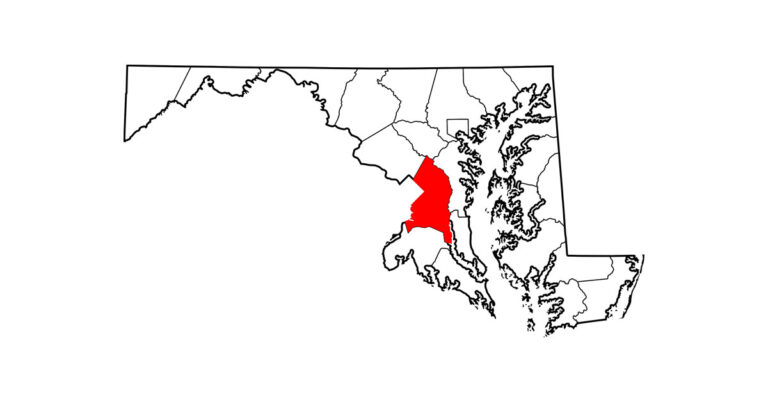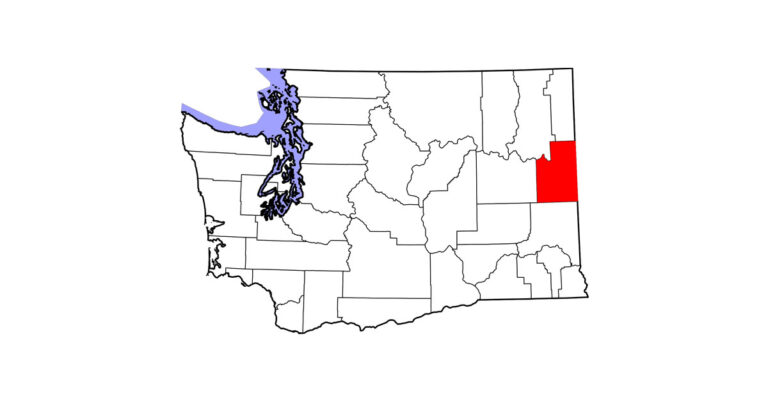Improve your horse pest control strategy with these four easy hacks.
The yearly battle against flies, mosquitoes, ticks and other annoying pests can feel never-ending. While they can seem like more of a nuisance than anything, flies, mosquitoes and ticks also spread disease, making an aggressive pest control plan a necessary part of horse care. The first step is to prevent them from becoming a problem in the barn and pasture areas. Aside from using a quality fly spray that is also effective against ticks and mosquitoes as well as fly gear on your horse, there are several easy changes you can make around the farm to help keep pests under control.
Get rid of standing water.

Flies, mosquitoes, gnats and other pests are drawn to wet areas, where they breed and drink. Make sure you don’t have any places where standing water can collect and act as a breeding ground for the pests. Common places to look for standing water include on tarps, in unused buckets, around wash areas and low-pasture areas. Find ways to cover rain barrels, and dig out and around from your barn to ensure water flow and drainage. Be sure to rake away dead brush, mulch and debris away from areas where water typically drains or flows to ensure that water drains away from your barn and turnout areas.
Have a manure strategy.

Manure is what flies are drawn to the most, so having practices in place to keep manure tidy and away from you and your horses is important. Clean stalls, pens and other confinement areas daily. If you can, completely remove manure to an off-site location once a week. If you can’t have manure taken off property, create your manure pile as far away from your barn and pasture as possible.
Feeding a feed-thru fly control product can help you get a handle on flies early on. Feed-through fly control products are designed to work in the horse’s manure, not in the horse’s body itself. The active ingredients aren’t absorbed from the horse’s gastrointestinal tract.
Rather, they are mixed into the horse’s manure, so that when it passes out of the horse, insect growth regulators in the product prevent the development of house and stable fly larvae laid in that manure. Because this interrupts the fly life cycle, it limits the population. SimpliFly Feed-Thru Fly Control with LarvaStop is highly palatable, easy to feed and helps break the fly life cycle by preventing the development of larvae into mature adults.
Coexist with pest eaters.

It’s possible to encourage, or even introduce, animals that will reduce the population of pests by eating or otherwise killing them. Birds, bats, fish, dragonflies and a host of other predators eat flies and mosquitoes, while frogs, squirrels and wild turkeys eat ticks. Keep ponds and other natural waterways healthy and clean, and plant shrubs and trees that will offer food and shelter to beneficial wildlife. Don’t automatically relocate birds that may nest in your barn. If their droppings aren’t contaminating anything, consider learning to coexist with them. Consider reaching out to your local wildlife expert to see which animals are the best at controlling the fly population in your region.
Keep things tidy

Making an area inhospitable to pests is a great way to keep them at bay. Since ticks tend to live in shady, moist areas with tall grass or low shrubs, keeping the grass mowed, shrubs trimmed and yard waste away from the barn can help keep ticks away. Similarly, trash cans often hold a host of things that attract flies. One easy solution to keeping flies out of the trash? Put a lid on them! Lids will also help keep other pests—like mice—at bay.
While you are actively making sure not to attract flies, ticks and other pests, it’s important to take steps to repel them as well. An effective spray like Equisect Fly Repellent, which contains botanical and essential oils of citronella, clove stem and corn mint, can help keep pests at bay without irritating sensitive skin. In addition, spot-on treatments like Equi-Spot Spot-on Protection for Horses are applied once every two weeks, and provide long-lasting control against dangerous ticks that can spread Lyme disease and mosquitoes that may transmit West Nile Virus and Equine Encephalitis, as well as biting flies and gnats.This make them ideal for horses in pasture settings.












